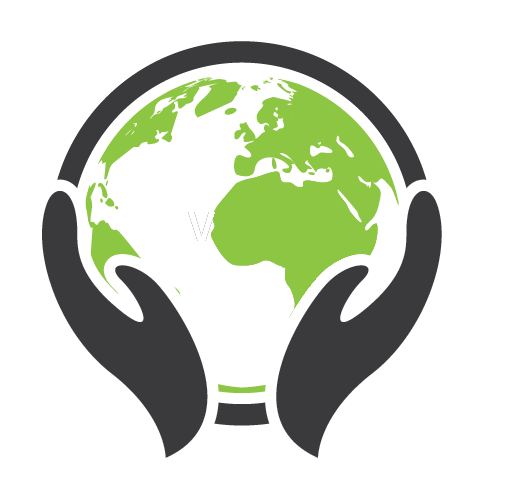By Nadine Moedt (The Cascade) – Email
Print Edition: April 8, 2015

Two years ago, UFV’s social work faculty envisioned hosting an international conference to facilitate a cross-cultural and cross-disciplinary conversation on community. And from April 28 to May 1, that vision will become a reality in the form of the Reaching Out Together: Connections Through Social Work conference.
“The idea was to have people coming from all around the world to share ideas, come together and talk about social justice, social work and alternative practice — anything that had to do with making positive change in the lives of individuals and communities,” says Sara Thiessen, who is part of the conference’s planning committee.
Since calls for submissions were made in October, some 110 faculty and heads of NGOs around the world added their voice to the conference. According to Thiessen, presenters hail from as far away as Scotland, Belgium, Jamaica, and India, though local representation will also make a significant appearance, including practice-based organizations and local indigenous practices. In all, 80 presenters will share their experiences with working in communities over the four-day conference. Registrants from across Canada will also add to the dialogue.
Other highlights will include a book signing with Tom Swanky, author of The True Story of Canada’s ‘War’ of Extermination on the Pacific, which explores the spread of smallpox in early 19th-century Canada through firsthand accounts of descendents of smallpox survivors; keynote speakers will include UFV’s chancellor Gwen Point, as well as youth advocate and recipient of the 2013 Queen’s Diamond Jubilee Medal Keli Anderson.
The content of the conference will cast a wide net of appeal. Workshops and lectures range from topics like alternative counselling methods, indigenization, feminization, and art therapy, to things like sustainability in community development and the politics of policy change. According to Thiessen, some days of the conference will see five different sessions running at once.
“We’ve intentionally made it so that people with different interests could attend sessions specifically geared towards what they want,” Thiessen said.
According to Thiessen, another draw for many of the attendees is the field trip component.
“Right now we have eight different community organizations, and on the fourth day of the conference participants can sign up to go on a field trip into the community and do a more of a practice-based day trip,” she said.
Attendees will go into the community to learn in-depth about the methods of different organizations. One of the participating organizations is Vipers, a local youth organization which focuses on the two-way dialogue between youth workers and youth.
As Thiessen describes it, preparation for the conference has been a collaborative experience: “It’s a unique conference in the sense that it’s entirely at this point the committee is almost entirely made up of students from different disciplines.”
Students from the computer sciences designed the website, for example, while sustainability co-ordinator Alyssa Bougie has added input from an environmental perspective.
Thiessen says they are trying to have all the food at the conference locally sourced and organic, if possible.
“We’re [also] looking at ways to be creative around composting and different environmental concerns.”
The registration fee, which is $75 for students, includes meals. The conference will close with a conversation-based session on grassroots community development.
Full conference details are available at ufvroc.com.

